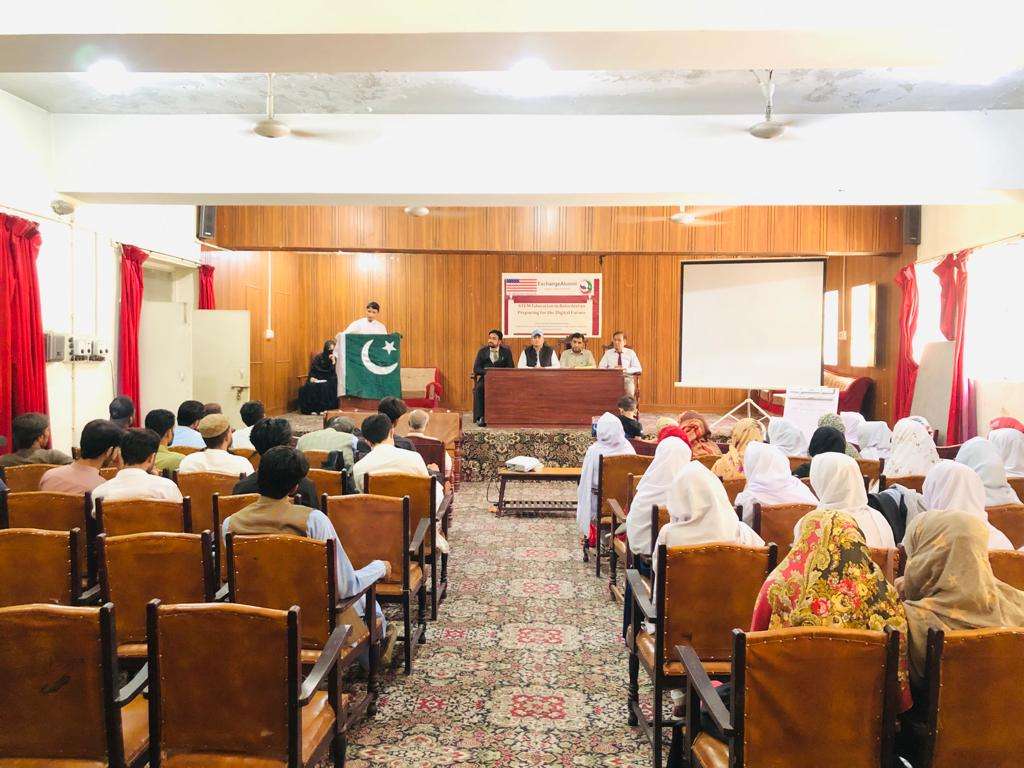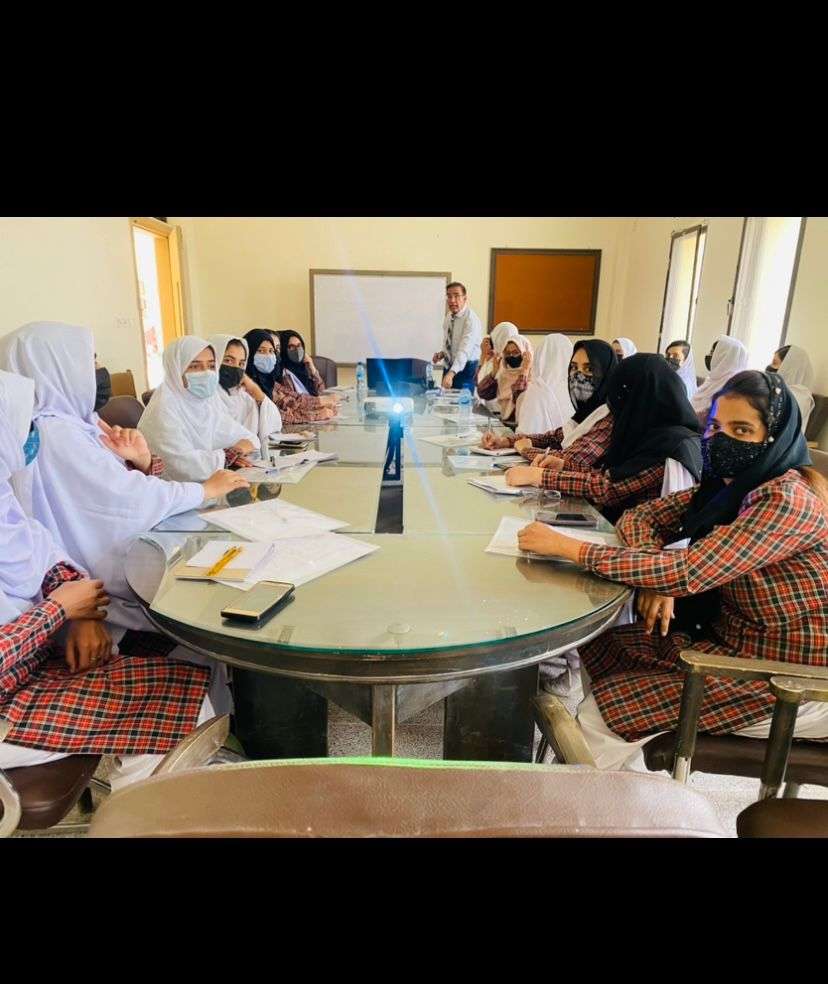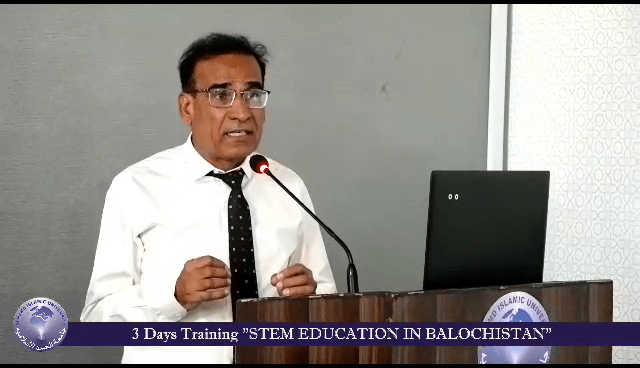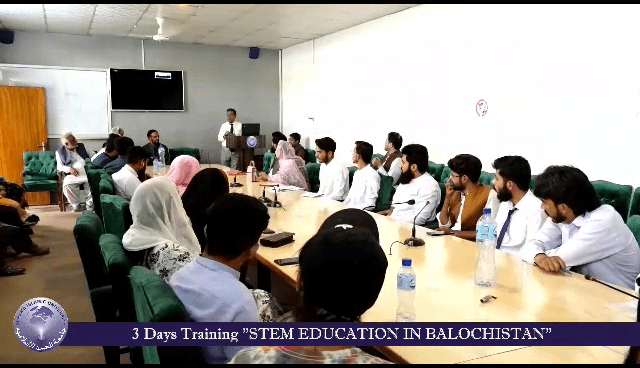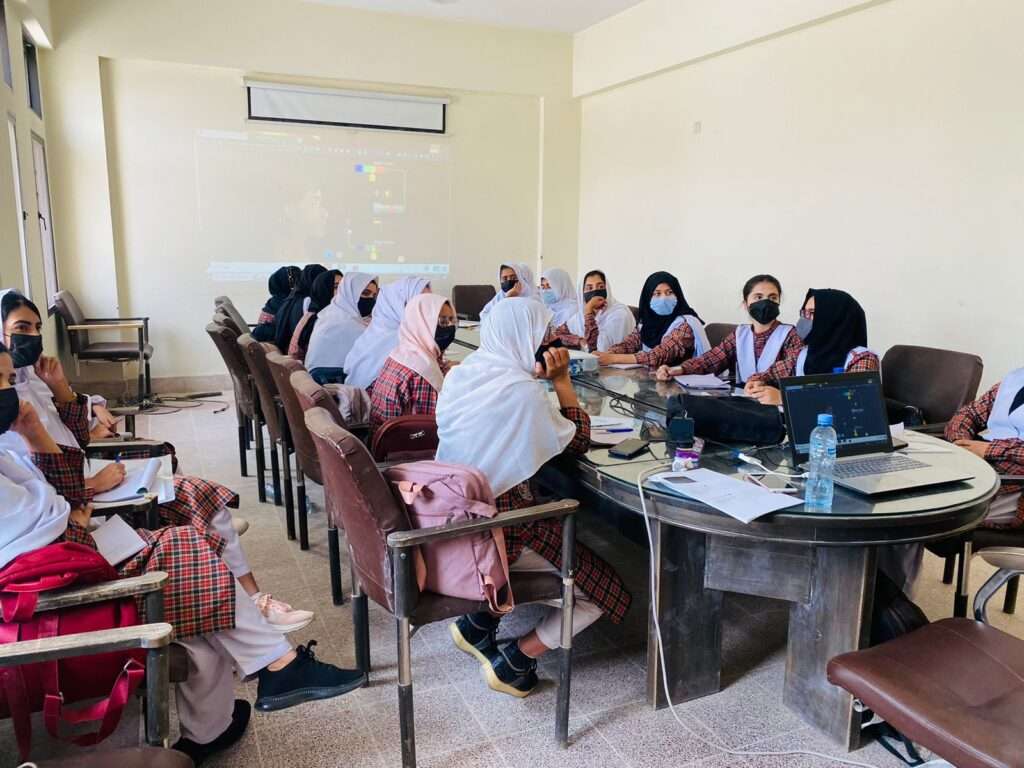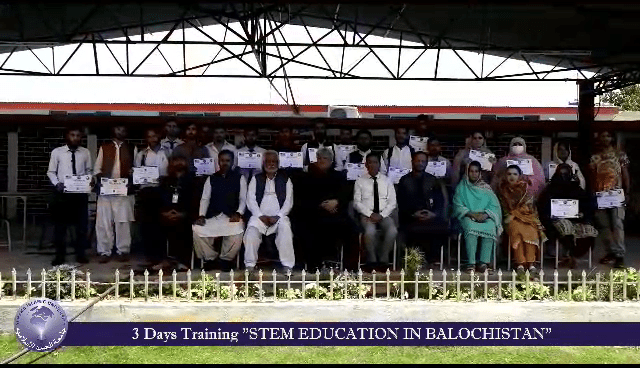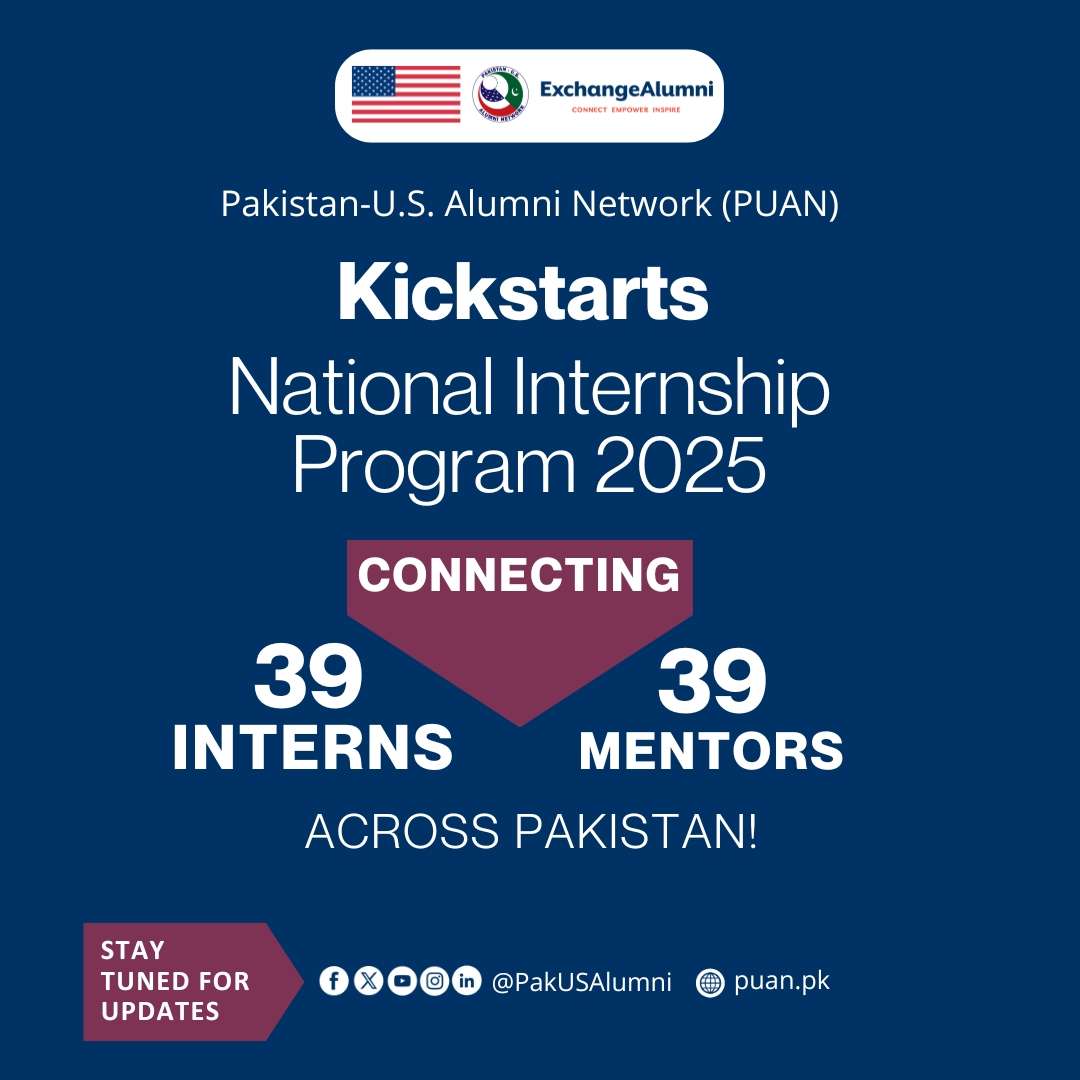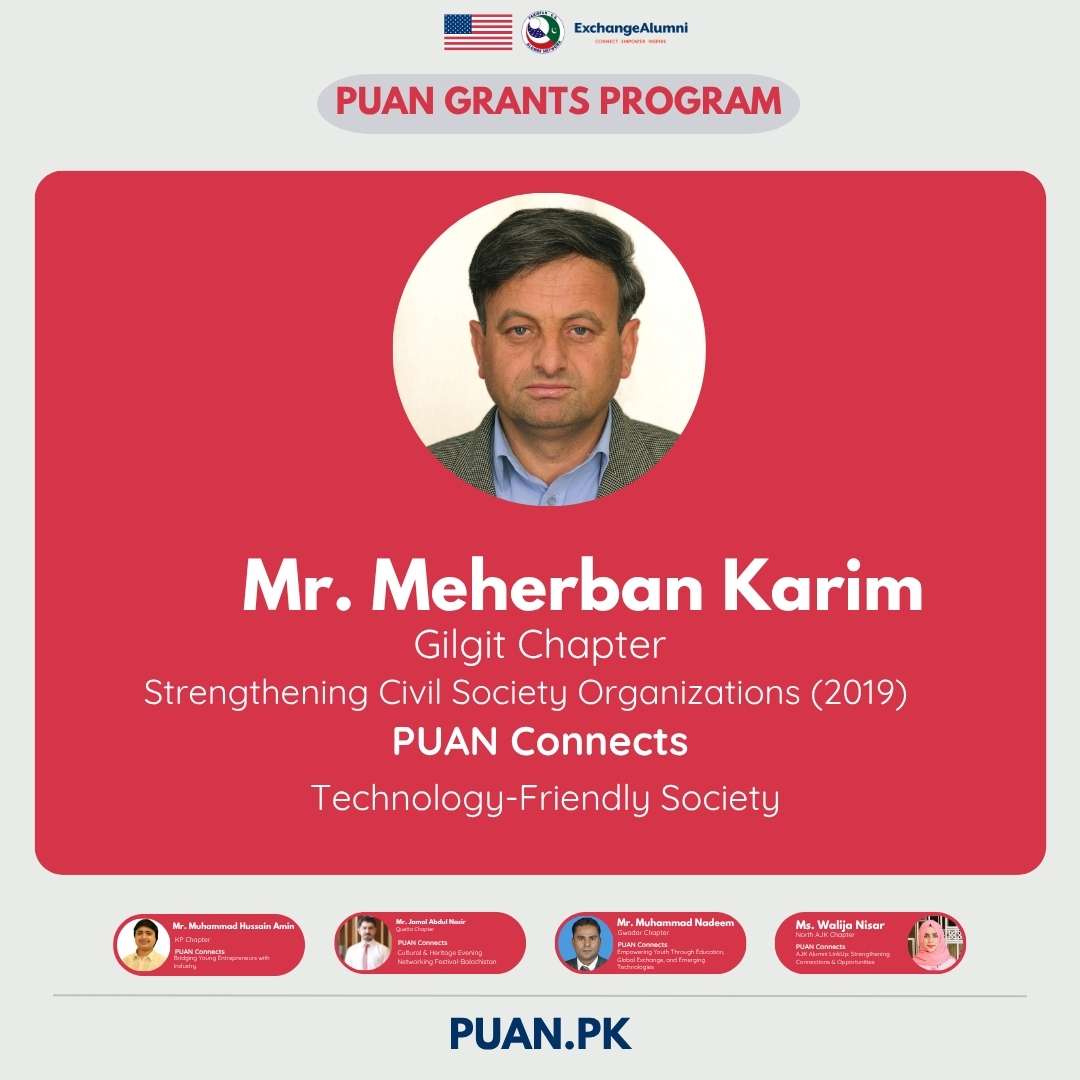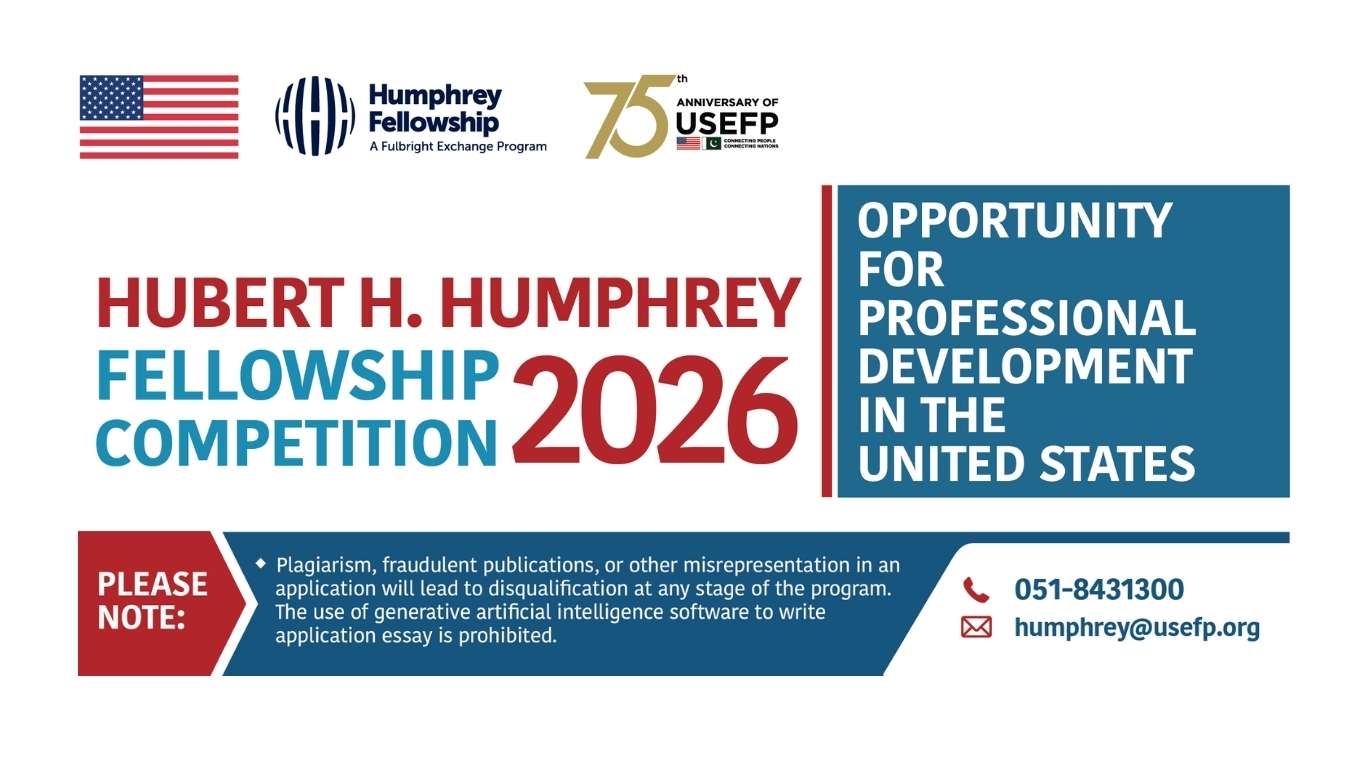In the heart of Balochistan, a province brimming with untapped potential, a transformative initiative is taking root, igniting a passion for STEM education among preservice science teachers. This project, spearheaded by Dr. Muhammad Riaz, a USAID PhD Program alumnus, is revolutionizing the way science is taught and learned, laying the foundation for a brighter future for the region’s youth.
Dr. Riaz, a man deeply committed to educational advancement, envisioned a project that would address the shortcomings of Balochistan’s traditional, memorization-centric teaching methods. With a fervent belief in the power of hands-on learning and critical thinking, he embarked on a mission to empower preservice science teachers, equipping them with the tools and knowledge to foster a dynamic and engaging STEM learning environment.
The project, funded by the PUAN under Alumni Small Grant (ASG), brought together 120 preservice science teachers from four key institutions in Balochistan for an intensive 12-day training workshop. Led by a team of local STEM experts, the workshops delved into innovative teaching methodologies, utilizing hands-on activities, laboratory exercises, and social media platforms to captivate the minds of the participants.
This transformative initiative aligned seamlessly with the national educational goals, echoing the government’s commitment to enhancing STEM education quality in Balochistan. By empowering preservice teachers, the project aimed to create a ripple effect, impacting countless students across the province.
The impact of the project was palpable, resonating deeply with the participating teachers. Zeeshan, a preservice teacher from Government College of Education, Quetta, remarked, “STEM Education is a key to success in Balochistan.” This sentiment encapsulated the project’s success in instilling a belief in the transformative power of STEM education for individual and collective prosperity.
Another beneficiary, Massoda, a preservice teacher from Quetta, emphasized the project’s impact on fostering critical thinking. She observed, “STEM teaching methods create critical thinking among teachers and students.” These testimonials collectively affirmed the project’s success in not only imparting knowledge but also in shaping mindsets.
Dr. Riaz’s collaboration with the U.S. Mission and the Pakistan-U.S. Alumni Network (PUAN) proved to be an invaluable asset in the project’s implementation. Samana Qaseem Rizvi, Shehneela Mazhar, Waqar A. Khan, and Afsheen Baloch played pivotal roles in providing support and resources, ensuring the project’s seamless execution and maximizing its impact.
This enriching partnership extended beyond project implementation, fostering networking opportunities and a platform for sharing insights and best practices. The collective effort with the U.S. Mission and PUAN demonstrated the power of collaboration in achieving shared goals and making a lasting difference in the lives of Balochistan’s youth.
Looking ahead, Dr. Riaz’s aspirations extend beyond this groundbreaking project. He envisions formulating impactful proposals to further elevate STEM education in Balochistan. One proposal focuses on introducing innovative AI concepts to enhance faculty development in universities and colleges, another aims to empower in-service schoolteachers through hands-on training, and a third specifically addresses STEM education for female teachers, promoting inclusivity and equal opportunities in STEM fields.
These proposals reflect Dr. Riaz’s unwavering dedication to advancing education and community development in Balochistan. His passion for STEM education and his unwavering commitment to empowering future generations serve as an inspiration to all who strive to make a positive impact on the world.
